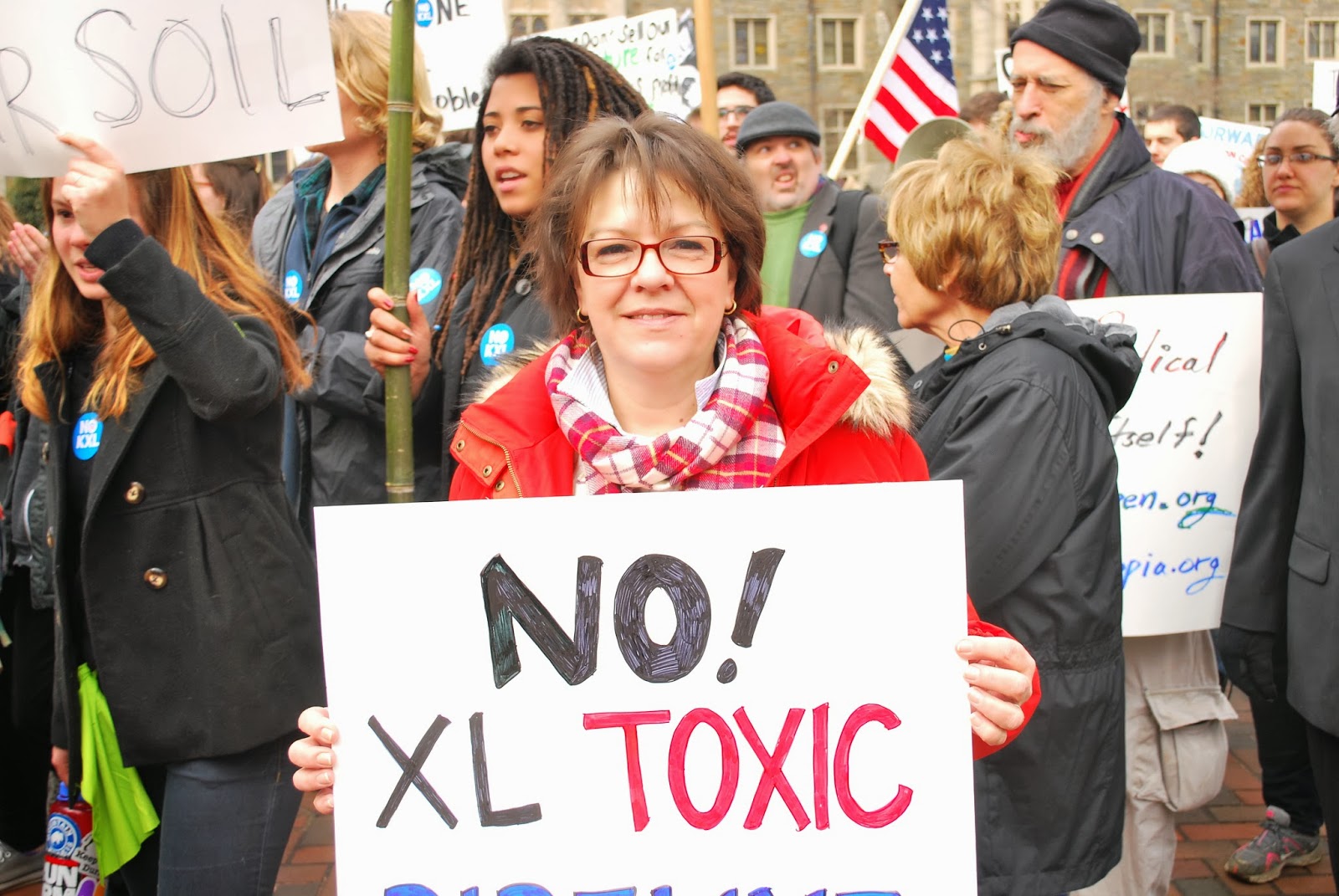As a novice activist, I have realised that not many people are concerned on a day-to-day basis about the environment and this Earth, and are ambivalent about how their individual choices affect the environment. Yes, as individuals, we do have agency. We have the power to make differences. Pressure must constantly be applied, so that when the earthquake happens, it is because of the constancy and unabated and unswerving pressure that has been applied from all angles, for a long time. I have written about this at length, several times.
Yet we see that in light of all of this ecological degradation, all of this unsustainability, all of this injustice, that the masses are barely moved. As environmentalists and activists, we preach to the choir, and this blog is complicit in that, I suppose. I do not want it to be this way, but of course, it is hard to deny that it is this way. While it is important to surround ourselves with people that agree with us and challenge us (especially because we are a minority), as a
recent comment from Tanny said, the divide to those that are unconcerned must be overcome.
Last night, I got to know Avik, my Argentine tango dance instructor, a little bit more. He completed his undergraduate and master's degree in electrical engineering, but then switched gears and got a Ph.D. in environmental policy and behaviour...
and he is of Indian descent. (Awesome! That is so nice to see. There are very few non-White people in the environmental movement. It is not hard to see then that many people think the movement is elitist.) He said that for all that the environmental movement has done, it has not been able to move the masses and reach across the divide. Of course when the Cuyahoga River was burning a few decades ago, people took notice. But he said that the reason why people haven't latched on to the movement is that impacts of people's choices need to be felt immediately, and with environmentally-conscious choices, it is very difficult to achieve this. For example, when someone buys a car, the "positive" impacts of that choice are felt immediately - you gain mobility, and accessibility, and the ability to drive cross-country on a whim. (Of course, we would rather have it that you don't need a car to be mobile and to have access.) But what if you don't buy a car out of some environmental awareness? Are the positives of that choice evident to you immediately? Likely not, unless you choose to bike, you become healthier, you feel better, have better endurance, eat healthier, and so on. All of this can take a while, though, and it requires effort, and every day awareness.
It is not as if the negative impacts of environmental choices aren't felt directly or tangibly. They are, to those people that are least capable of defending themselves. Environmental justice can be a framework under which it is possible to mobilise the masses. But how do you take the masses to Delray? Can you take them all to a landfill? Will everyone watch
Waste Land or
Gasland? And when there is success in getting to the mainstream, as Al Gore did with
An Inconvenient Truth? How do you tell the masses about the heroes that win the
Goldman Environmental Prizes?
How much has the middle class been adopting environmentally-guided behaviour in their lives, then? Not much, apart from maybe switching out light bulbs and calling it good. All of these people live in comfort. Unemployment may affect them a little bit, but in all seriousness, the middle class is well off in suburbia. How do you connect to these people, those that form the bulk of the population, and those whose choices have massive implications in legitimising large corporations and corrupt governments?
I have thought to myself that environmentalism is a spiritual journey, that in our effort to reduce our ecological footprints, that in our efforts to tread lightly and respect this Earth and its creations, we realise more about ourselves as individuals - our fallibility and our power as ethical beings. Yet Avik said that discussion about ethics and morality outside of the contexts of religion can be very academic. I agree with him to an extent, and yet I have still held on hope that people can more holistically think about and understand their choices, through morality and ethics, and contemplate the influence that their lives have on other people and this Earth.
There are a couple of forces at play here. First, the powerful have put up boundaries and barriers between those well-off, those that serve in the interests of their existence, and those that face the negative outcomes of our collective actions. They have set up physical barriers (like highways and dams and bridges) and mental barriers ("Those that are not well-off are so because of the way that have chosen to lead their lives."). But as individuals, we too have set up mental barriers ourselves so we don't have to deal with challenging situations. Think about the barriers we put up when we are approached by a homeless person asking for money.
How come there were only one thousand people that got arrested in protest of the
Keystone XL pipeline between Alberta and Texas? Why not ten thousand? Or one hundred thousand? How do we not preach to the choir? How do we make discussions about environmentalism less academic? How do we move the masses? The masses are powerful, because they have the capacity to take down oppressive systems. I will try my fullest to write in a manner that appreciates Avik's thoughts, because he makes very valid points.






















